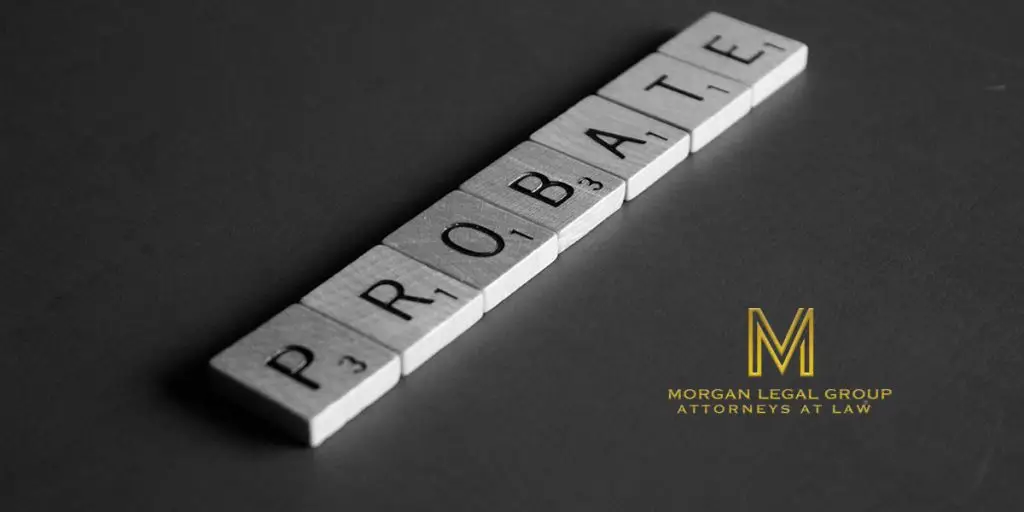Types of Probate in New York
Welcome to Morgan Legal Group P.C., your trusted source for legal guidance on the various types of probate in New York. Our experienced probate attorneys are here to provide comprehensive information about the different probate processes available in the state, helping you navigate the complexities of estate administration and probate proceedings.
Understanding Probate in New York
Probate is the legal process by which a deceased person’s assets are distributed, and their final affairs are settled. New York has different types of probate proceedings, each with its own set of requirements and procedures. Let’s explore the main types of probate in New York:
1. Formal Probate
Formal probate is the traditional and most common type of probate proceeding in New York. It involves filing a petition with the Surrogate’s Court in the county where the decedent resided at their death. The court oversees proving the will’s validity and appointing an executor to manage the estate’s administration. This process is suitable when the estate is complex, or beneficiary disputes are anticipated.
2. Simplified Probate
Simplified probate, a “small estate” or “voluntary administration” proceeding, is a streamlined process available for estates with a limited value. This process is generally used when the total value of the decedent’s assets falls below a certain threshold. It allows for a simplified court procedure, reducing the time and cost of the probate process.
3. Ancillary Probate
Ancillary probate occurs when a decedent owns property in multiple states. If the decedent’s primary residence is outside of New York, but owns real estate or other assets within the state, ancillary probate may be required. This process involves filing a petition in New York to handle the assets’ distribution within the state.
4. Probate of Lost or Destroyed Wills
In cases where the original will is lost, destroyed, or otherwise unavailable, New York law provides a process for probating a copy of the will. The court will require evidence to establish the validity of the lost or destroyed will and ensure that it accurately represents the decedent’s wishes.
5. Probate Without a Will (Intestate Succession)
When a person passes away without a valid will, their estate is subject to intestate succession laws. The court will appoint an administrator to manage the estate’s distribution according to New York’s laws, prioritizing surviving family members based on their relationship to the decedent.
Consult Our Experienced Probate Attorneys
At Morgan Legal Group P.C., navigating the probate process can be overwhelming, especially during an emotional time. Our experienced probate attorneys are here to provide you with the guidance and support you need. Whether you’re dealing with a complex estate or seeking a streamlined process for a small estate, we have the knowledge and expertise to assist you.
Contact us today to schedule a consultation and learn more about the different types of probate in New York. Our team is dedicated to helping you make informed decisions that align with your best interests and the wishes of your loved one.









